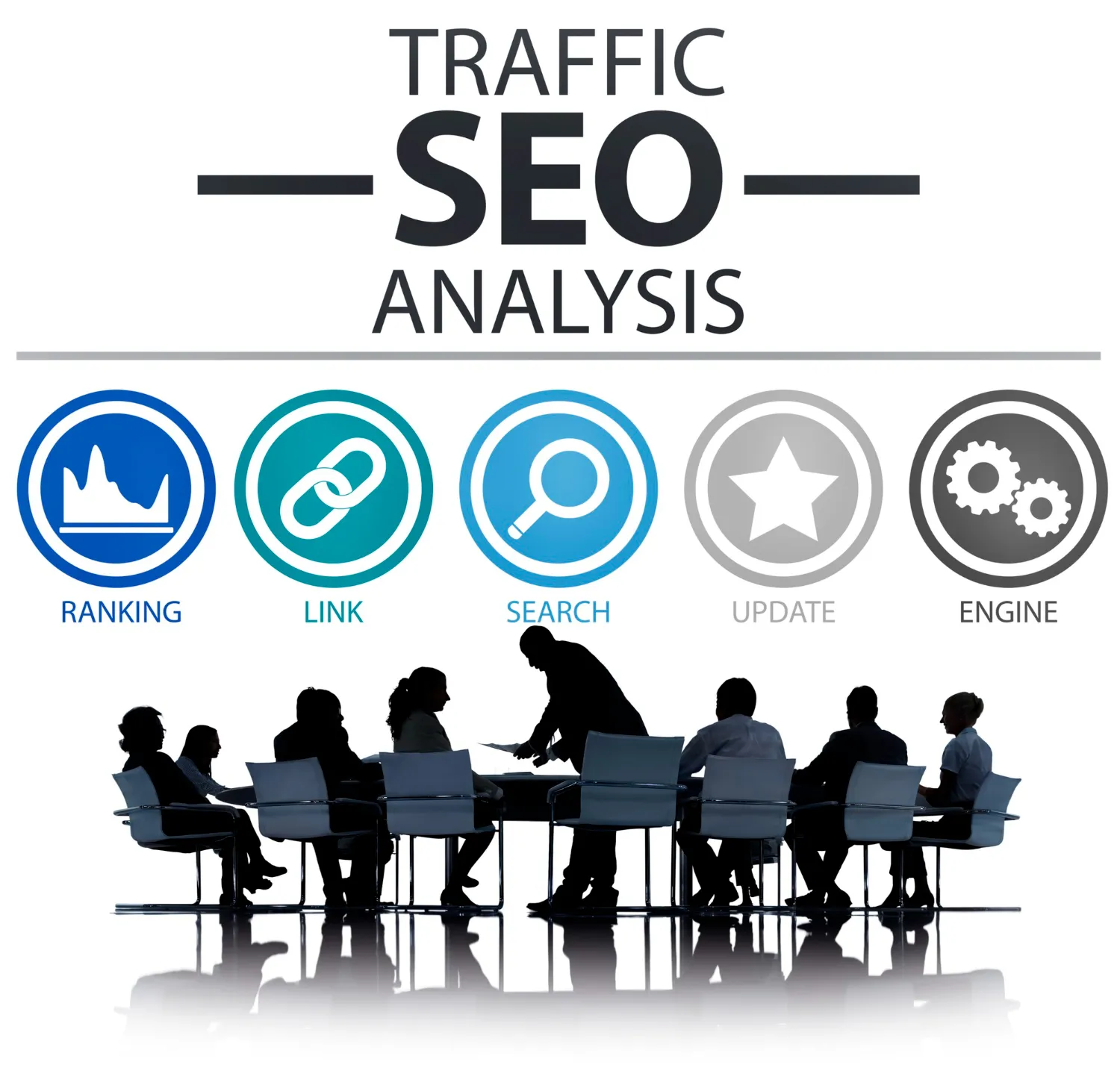Enhancing your on-page SEO is a powerful way to attract more organic traffic to your website. Let’s explore why on-page SEO matters and how you can leverage it for better results. For expert guidance tailored to your needs, consider reaching out to our team at SEO Vancouver.

What is On-Page SEO?
On-page SEO involves optimizing individual web pages to rank higher in search engines and attract relevant traffic. It focuses on optimizing content and HTML source code.
How On-Page SEO Boosts Organic Traffic:
On-page SEO plays a critical role in driving organic traffic to your website by optimizing individual web pages to align with search engine algorithms. Here’s how you can leverage specific strategies:
- Keyword Optimization:
- Conduct keyword research to identify relevant and high-performing keywords in your niche.
- Integrate these keywords naturally into your content, including headings, paragraphs, and meta tags.
- Avoid keyword stuffing and prioritize user experience by ensuring content reads naturally and provides value.
- Quality Content:
- Focus on creating comprehensive, informative, and engaging content that resonates with your target audience.
- Address specific user queries and provide solutions to their problems.
- Incorporate multimedia elements like images, videos, and infographics to enhance content quality and engagement.
- Meta Tags and Descriptions:
- Craft compelling meta titles that accurately represent the content of each page.
- Write concise and persuasive meta descriptions that entice users to click through from search engine results pages (SERPs).
- Use schema markup where applicable to enhance the visibility and understanding of your content by search engines.
- Optimized Images:
- Use descriptive file names for images that include relevant keywords.
- Add alt text to images to provide context for visually impaired users and improve SEO.
- Compress images to optimize page load speed, which is a ranking factor for search engines.
- Internal Linking:
- Identify opportunities to link to related pages within your website using descriptive anchor text.
- Create a logical site structure that facilitates easy navigation for both users and search engine crawlers.
- Monitor and update internal links regularly to ensure they remain relevant and contribute to a positive user experience.
- Mobile Optimization:
- Ensure your website is mobile-friendly and responsive across different devices.
- Optimize font sizes, button placements, and image dimensions for mobile users.
- Implement Accelerated Mobile Pages (AMP) to improve loading speed and user experience on mobile devices.
- Page Speed Optimization:
- Optimize page speed by minimizing HTTP requests, leveraging browser caching, and reducing server response time.
- Compress CSS, JavaScript, and HTML files to improve load times.
- Use a content delivery network (CDN) to distribute content geographically and reduce latency.
- Structured Data Markup:
- Implement structured data markup (schema.org) to help search engines understand your content better.
- Use structured data for rich snippets, such as reviews, recipes, events, and FAQs, to enhance SERP visibility.
- User Experience (UX) Optimization:
- Prioritize user experience by ensuring intuitive navigation and clear calls-to-action (CTAs).
- Optimize landing pages for conversions by removing distractions and focusing on the main goal of the page.
- Reduce bounce rates by improving content relevance and usability.
- Regular Content Updates:
- Keep your website fresh and relevant by regularly updating and repurposing existing content.
- Monitor and respond to changes in search engine algorithms to adapt your SEO strategy accordingly.
- Encourage user-generated content such as comments, reviews, and discussions to foster engagement and enhance SEO.
By implementing these advanced on-page SEO techniques, you can optimize your website for higher organic traffic, improved visibility in search engine results, and better overall user experience. Regularly monitoring and refining your SEO strategy will help you stay ahead of the competition and drive sustainable growth for your website.

FAQs (Frequently Asked Questions):
- Why is on-page SEO important?
Ans: On-page SEO ensures your website is optimized for search engines, directly impacting visibility and rankings.
2. How long does it take to see results from on-page SEO?
Ans: Results can vary but improvements may be noticeable within weeks to months.
3. Can I do on-page SEO myself?
Ans: Many on-page SEO strategies can be implemented independently, but consulting an expert for complex optimizations is recommended.
Conclusion:
Optimizing your on-page SEO is crucial for increasing organic traffic to your website. By effectively implementing these strategies, you can boost your site’s visibility, attract a more targeted audience, and ultimately elevate your search engine rankings. For further assistance or inquiries, feel free to contact us.




